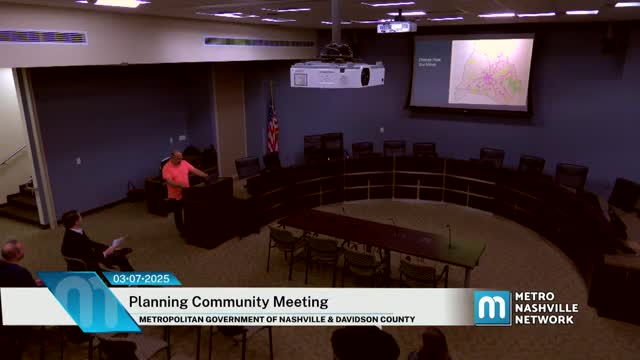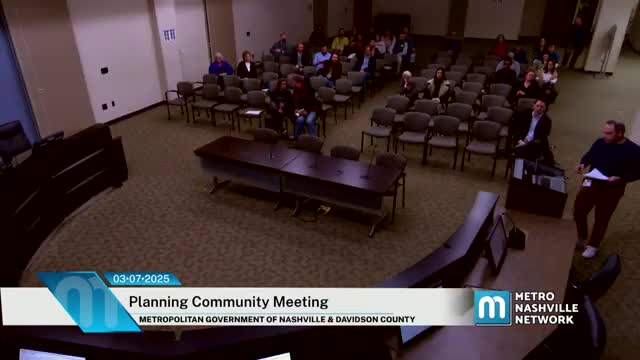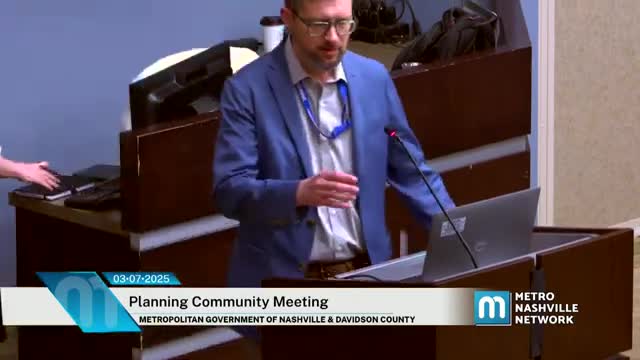Article not found
This article is no longer available. But don't worry—we've gathered other articles that discuss the same topic.

Metro Water details capacity rules: developers pay for upgrades; ratepayer funds not available to subsidize infrastructure for affordable housing

WeGo and NDOT outline transit upgrades tied to growth; Choose How You Move to fund sidewalks, signals and transit corridors

